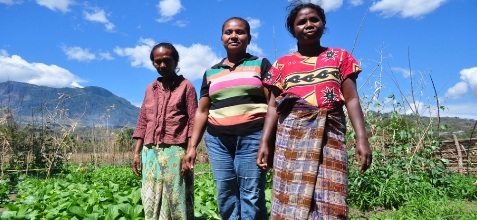Migration Virtual Hub - Cambodia

Indonesia is an archipelago of over 17,500 islands located in South-East Asia between the Indian and Pacific Oceans.1 It has the fourth-largest population in the world with 234 million inhabitants. Over 85 percent of Indonesians are Muslim, making it the most populous Muslim country in the world. Indonesia is a lower-middle income country3 and ranks “medium” on UNDP’s latest human development index.4 Gross National Income was placed at 2,940 dollars per capita in 2011.
Free and fair elections took place in 1999, marking the end to decades of repressive rule, and Indonesia is now the world’s third most populous democracy. The country has experienced strong economic growth in recent years, outperforming its regional neighbours, and has made impressive gains in improving literacy rates and increasing gender equality, particularly in education. However, poverty and unemployment continue to pose challenges with 13 percent of the population living below the national poverty line and half of the population living on less than 2 dollars per day.
Country Context
Key Gender and Human Rights Issues
Key Stakeholders
Ratification Record and Compliance with CEDAW
- Discrimination
- Policy Measures
- Trafficking
- Employment
- Employment Contract
- Minimum Wage and Age
- Regulation of Employment Agencies
- Bilateral Agreements
- Reintegration
- Women's Access to Justice
Analysis and Conclusions
Recommendations
References
Other countries
Bahrain | Bangladesh | Cambodia | Hong Kong SAR (China) | India | Indonesia | Jordan | Lao PDR | Nepal | Philippines | Singapore | Thailand | United Arab Emirates